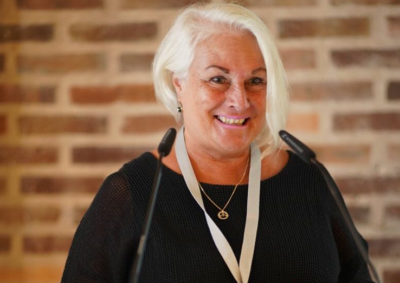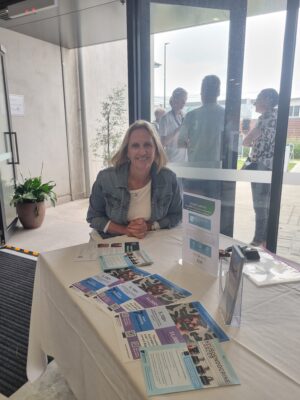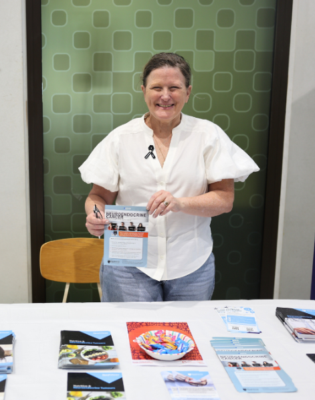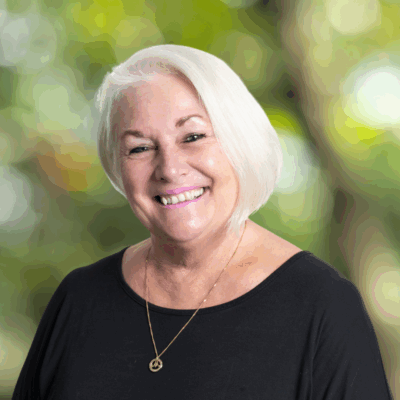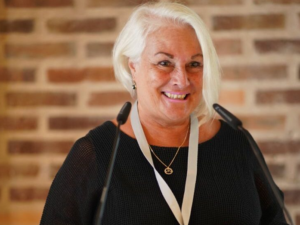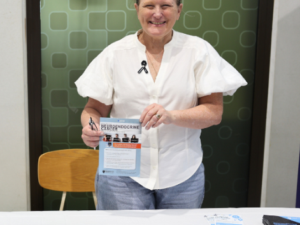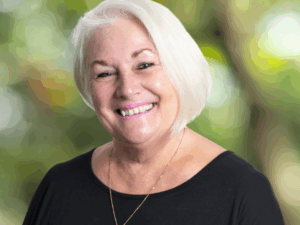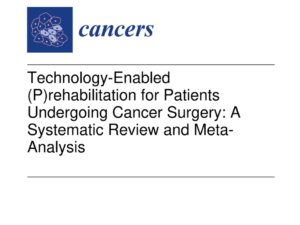Due to the COVID – 19 Pandemic the 17th Annual ENETs (physical) Conference was cancelled and in its place a Virtual Conference was held from 11-13 March.
Despite the conference being virtual it was still an interactive event with live Q&A sessions held). All sessions have been recorded which for attendees in Australia has been very fortunate as the live times were in the middle of the night for us!
As previous conferences, abstracts were submitted and this year saw a record in terms of the number of abstracts received (361 in total) and unparalleled in terms of the quality of submitted basic science abstracts.
NeuroEndocrine Cancer Australia were pleased to be involved in 6 scientific abstracts, our highest to date.
Either as funding, or directly undertaking the research we are very proud of what has been able to be achieved.
Despite ENETs not taking place in a physical sense we are grateful to the organisers for allowing the meeting to take place virtually and for abstracts and posters to still be able to be promoted.
We will be doing a full summary of the meeting in our next e-news.
- PlaNET Registry Abstract
- Peter MacCallum (Centre of Excellence, Melbourne Australia) Data experience
- Nutritional Status and Considerations for Patients Diagnosed with a Gastroenteropancreatic Neuroendocrine Tumour
- Nutrition in NETs study funded by NeuroEndocrine Cancer Australia
- Financial Toxicity Report
- The financial implications on Australian’s living with neuroendocrine tumours
- GP Education Research
- Leading planned online modules for Australian GP’s through 2020 and beyond
- INCA SCAN Survey
- Assessing preliminary access results
- Control NETs Clinical Trial
- finding the optimal treatment to improve disease control in patients with advanced Neuroendocrine tumours (NETs)
The conference commenced with the Post Graduate Course which is in its 10th year of running.
In 2019 there were more than 800 participants. The numbers of attendees’ has been rapidly increasing each year. This year the content included Clinical Management from a practical perspective, controversial treatment of Neuroendocrine neoplasms(NENs), surveillance, PRRT in Non GEP NETs, Liver transplantation, generic tailored treatments for Phaeochromocytoma and Paraganglioma, and Immunotherapy.
There was an excellent overview of Carcinoid Heart Disease which discussed “When is the optimal time to intervene”.
Over the next two days presentations included were PRRT (dosing and scheduling, assessing response to PRRT and re-challenging with PRRT), systemic treatments, Clinical Trials – Internationally, Mixed Neuroendocrine Non Neuroendocrine Neoplasms (MiNEN formerly known as MANEC – Mixed Adenocarcinoma Neuroendocrine Carcinoma) and Diffuse Idiopathic Pulmonary Neuroendocrine Cell Hyperplasia (DIPNECH). MiNEN and DIPNECH presentations provided information about the pathophysiology and clinical aspects of the disease.
Additional ENETs topics and research reviewed
During the Post Graduate course Dr Jennifer Chan from Dana Farber (US) provided a very interesting presentation about Immunotherapy – is there a role in NENs exploring the microenvironment of NENs.
Research into PDL1 expression was noted to be decreased in G1 NENs however is increased in G3 NEN. In light of this there are strategies to enhance immune response and there are multiple trials looking at dual checkpoint inhibitors for multiple cohorts using Ipilumumab and Nivolumab however recruitment numbers will only be small.
Dr Chan discussed that there are studies also being conducted utilizing anti – VEGF. In summary, there may be a role for Immunotherapy in high grade NENs and results to date are promising – there needs to be a better understanding of molecular markers.
Over the conference there were several presentations about the role of PRRT, assessing PRRT and reChallenging.
Dr Lisa Bodei from Memorial Sloan Kettering Hospital (US) gave an overview of research past, present and future regarding PRRT Dosing and Scheduling. The NETTER 1 study has demonstrated benefits of PRRT and the presenter reported that severe nephrotoxicity was virtually absent after patients receiving Lutetium.
Research is being done into dosimetry based treatments and the question is asked what is the ideal scenario taking into account potential bone marrow and renal toxicity? Treatments have been performed intra-arterially for predominantly liver dominant disease.
A Rotterdam study is looking at Neoadjuvant PRRT and combination PRRT and chemotherapy (5FU) is used having a synergetic response in aggressive FDG +ve GEP NETs. NETest was also reported to accurately report response to PRRT in study by the MSK group.
Dr Ulrich – Frank Pape from Asklepios Klinik St. Georg (Hamburg) discussed Epidemiology of NET – Trends and Differences are they real? A report from Wales regarding epidemiology for GI NETs has an increase in incidence in the elderly, however it was noted that this can occur at any age. This increase has been seen internationally.
A study from 2007 highlighted that classification is important. Early stage was prominently rectum, stomach and appendix with pancreatic in the later stage.
The ENETs Registry has highlighted the different prognostic groups (NEC G2, NET G3 for example) with Ki67 requiring individual evaluation.
It was interesting to hear that Pancreatic NEC (reported form Nordic countries) may be an option for the patient to have surgery however this is not the standard and must be evaluated on an individual basis.
NEC G3 has been most frequently detected in oesophagus, biliary tract, colon, CUP and pancreas.
NET G3 is an important subgroup. The presenter emphasized that NET are heterogeneous and require complex, interdisciplinary and individual management strategy.
Updates were given on Clinical Trials in several sessions providing information across the globe.
Dr Jaume Capevila from Vall D’Hebron (Barcelona). The presenter gave an overview of many as follows:
- COMPETE Phase III and NETTER 2 trials actively recruiting
- Clinical Trials In progress:
Axinet – G1 & G2 Non Pancreatic – recruited to Axitinib & Octreotide or Placebo & Octrotide - SEQTOR – advanced pNET G1 / G2 – recruited to Everolimus or Streptozocin / 5FU or Streptozocin / 5FU then reverse sequence
- REMINET – advanced g1 & G2 duodenal pNET – Lanreotide or placebo
- ASPEN – Nonfunctional pNET <2cm G1 / G2 – Active Surveillance or surgical resection – aim to recruit 1,000pts (>450 already recruited
- BETTER 2 – well diff pNET G1 / G2 and G3 NETs LV5FU & Streptozocin or Capecitabine / Temozolomide then Bevacizumab or nothing
- SENECA – NEC G3 Capecitabine / Temozolomide or Folfiri
- Others utilizing chemotherapy / VEGF, PRRT – differing dosing , in combination with targeted therapies and immunotherapy


